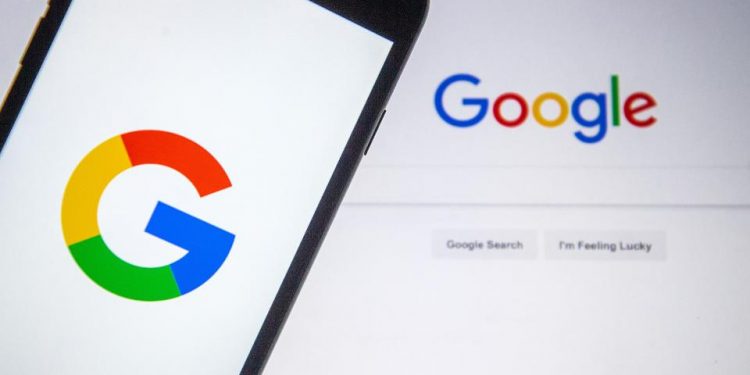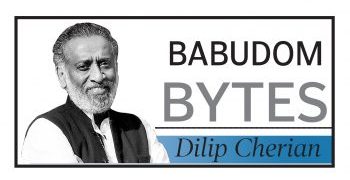Sydney: Many people turn to ‘Dr Google’ to self-diagnose their health symptoms and seek medical advice, but online symptom checkers are only accurate about a third of the time, warn researchers.
The new study, published in the Medical Journal of Australia, analysed 36 international mobile and web-based symptom checkers and found they produced the correct diagnosis as the first result just 36 per cent of the time, and within the top three results 52 per cent of the time.
The research also found that the advice provided on when and where to seek health care was accurate 49 per cent of the time.
“While it may be tempting to use these tools to find out what may be causing your symptoms, most of the time they are unreliable at best and can be dangerous at worst,” said study lead author Michella Hill from Edith Cowan University from Australia.
Online symptom checkers ask users to list their symptoms before presenting possible diagnoses. According to the researchers, online symptom checkers may be providing a false sense of security.
“We’ve all been guilty of being ‘cyberchondriacs’ and googling at the first sign of a niggle or headache,” she said.
But the reality is these websites and apps should be viewed very cautiously as they do not look at the whole picture – they don’t know your medical history or other symptoms, they said.
“For people who lack health knowledge, they may think the advice they’re given is accurate or that their condition is not serious when it may be,” Hill said.
The researchers found the advice for seeking medical attention for emergency and urgent care cases was appropriate around 60 per cent of the time, but for non-emergencies that dropped to 30 to 40 per cent.
According to Hill, online symptom checkers can have a place in the modern health system.
“These sites are not a replacement for going to the doctor, but they can be useful in providing more information once you do have an official diagnosis,” she said.






































